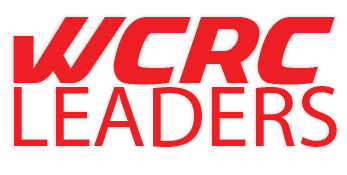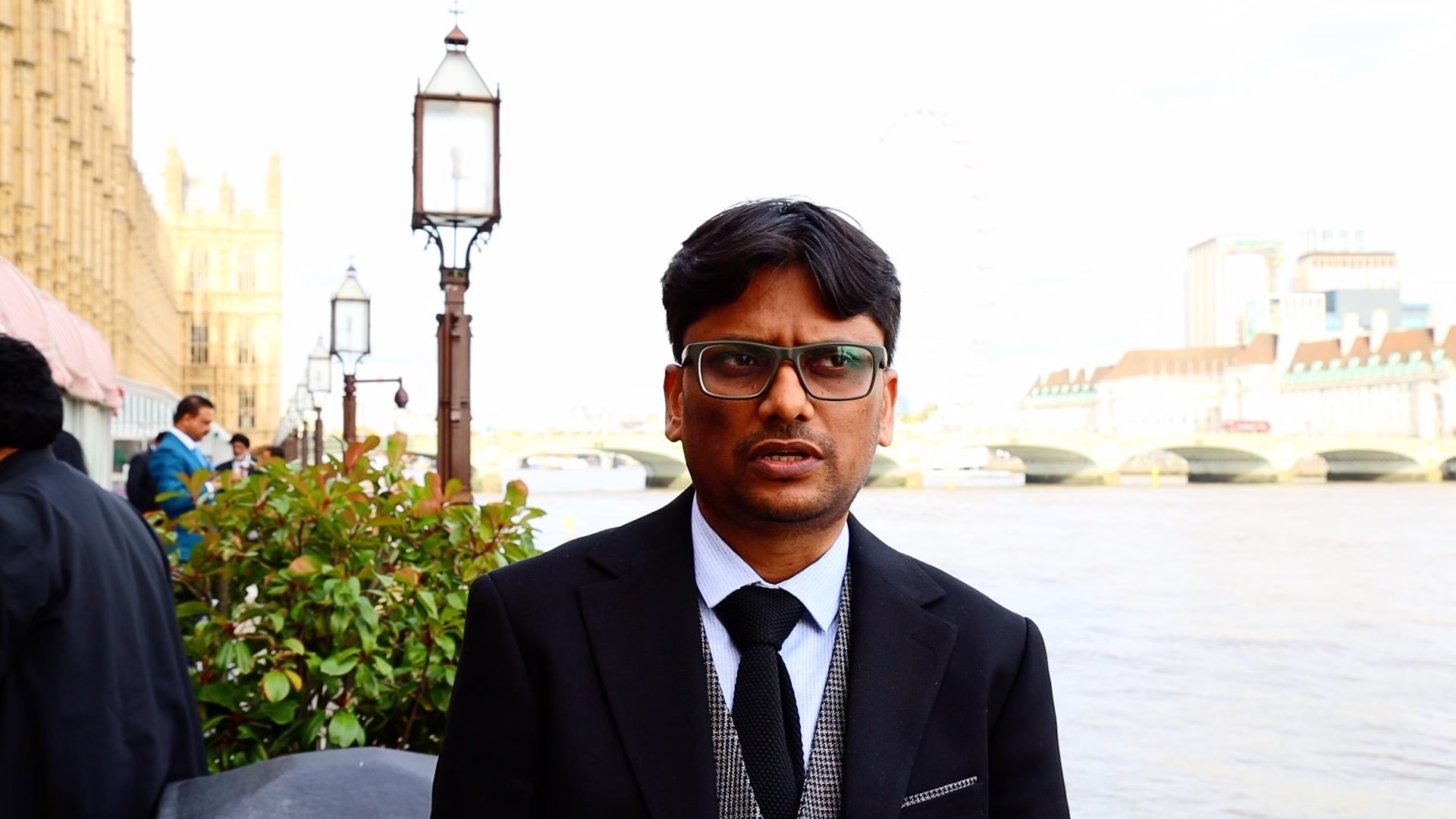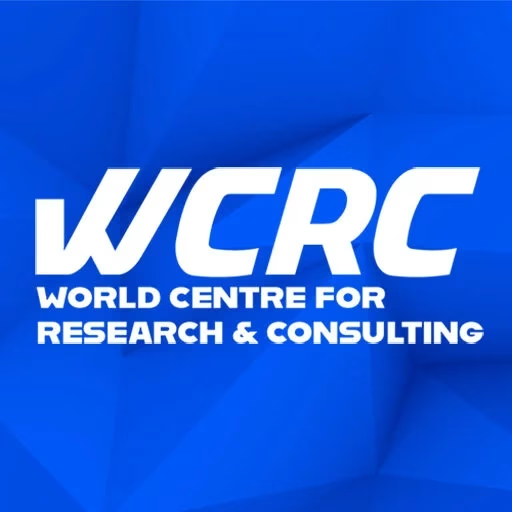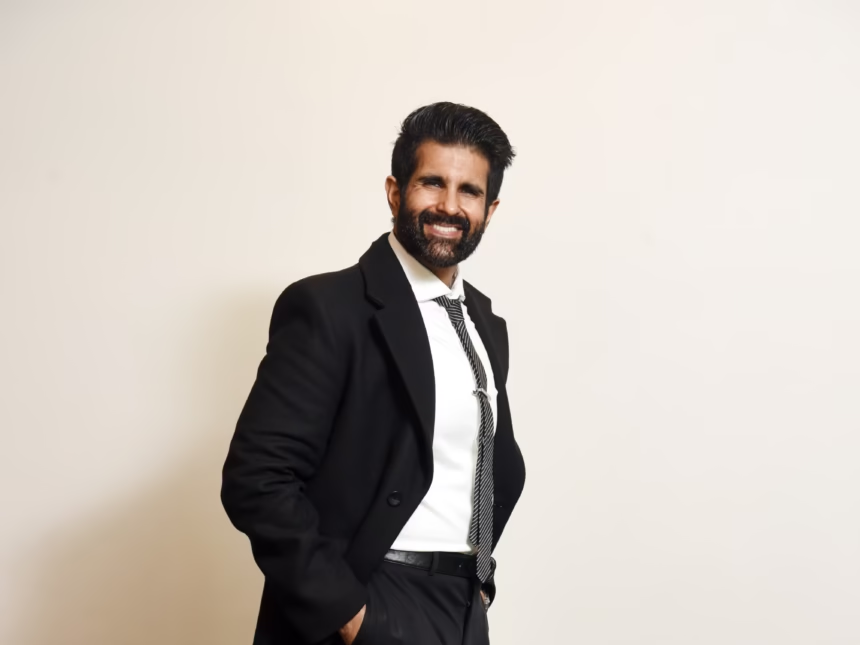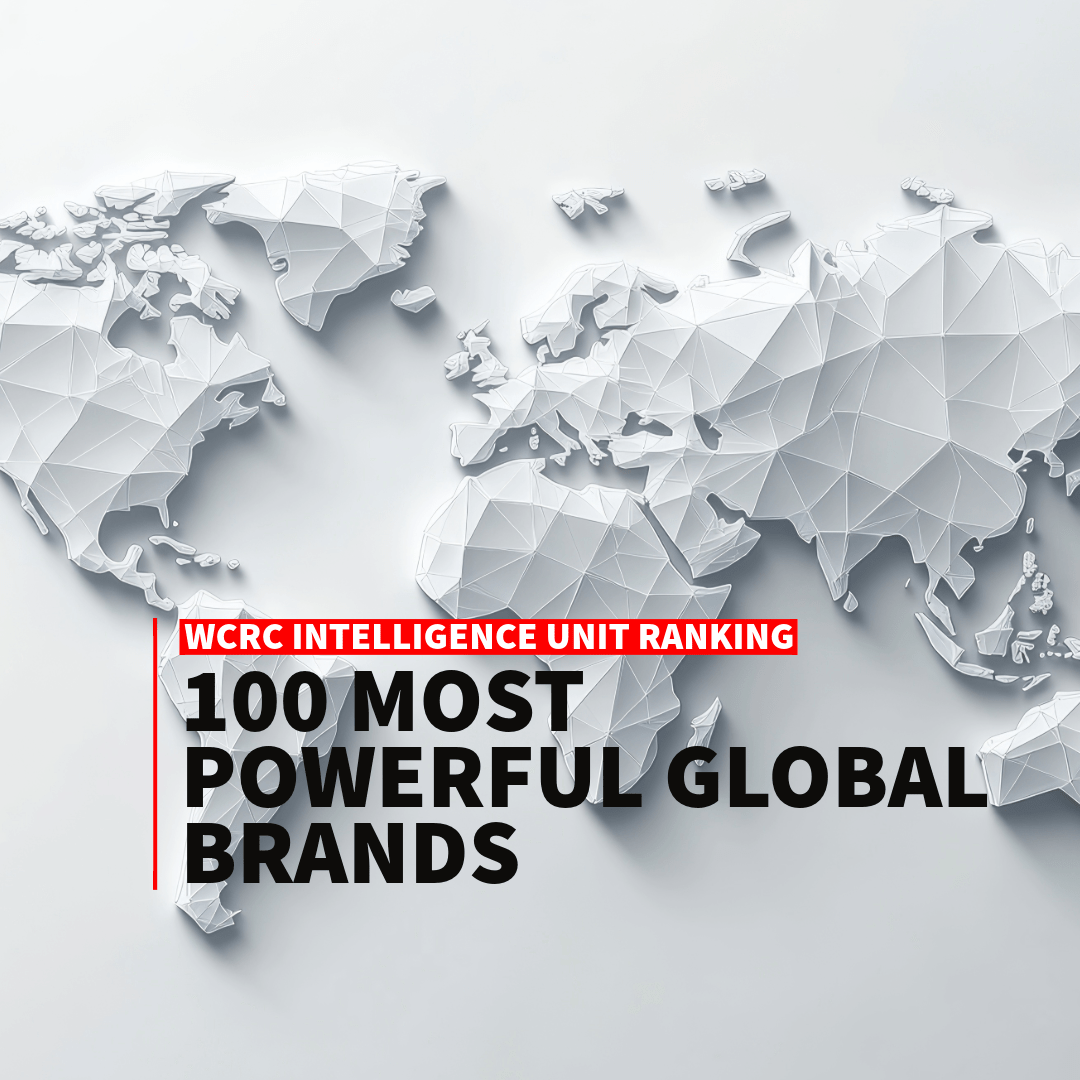Selected as World’s Best Emerging Leaders 2022 by WCRCINT, Usama Shaharyar, Co Founder, Rasa Communication, KSA is an incredible vision based leader who has led with great convictions and abilities.
WCRCLEADERS in conversation with Usama Shaharyar, Co Founder and General Manager, Rasa Communication, Saudi Arabia
- Selected as World’s Best Emerging Leaders 2022 by WCRCINT, Usama Shaharyar, Co Founder, Rasa Communication, KSA is an incredible vision based leader who has led with great convictions and abilities.
- What makes a strong leader? What are your key leadership strengths make the strongest attributes of success?
- An accomplishment that you consider the most significant in your career? What challenges did you face to reach success?
- What is the role of a leader in these challenging times?
- What is your vision, and how do you share that with your shareholders, employees, and others?
- How do you drive active business renovations, and how does that impact your subordinates?
- How do you integrate corporate philanthropy or corporate social responsibility as a part of your business strategies?
- What has been your driving force or philosophy in life?
- How do you plan to drive your business at a global level?
- How do you define success, and how do you measure up to your own definition?
- In your opinion, what is the most significant aspect of leadership?
- Your perception of an empowered society. How far your industry has/can contribute to the same?
- Esprit de corps: How do we bring fairies and equality to all?

What makes a strong leader? What are your key leadership strengths make the strongest attributes of success?
Leadership is an art — which means there’s no right way to do it. Leadership is an attitude, an intuition built over time. Leadership involves “someone else,” even if they don’t have to be direct reports or people who have a financial or social obligation to do what you tell them to do. There’s always a purpose, something that needs to get done. There’s a goal at the end, and you and someone else are working together to achieve it.
Even though there are many leadership styles, you can judge if one certain approach works or not by one simple metric: is that leader getting the outcome they want?
Specifically, it’s about the purpose and the people: is the goal set out by them being achieved, and are the people they’re leading happy as they work towards that goal?
To do these, a great leader has to be someone who can identify and strike the right balance between what are usually two opposing ideas.
Here are what those balances look like:
1. Communicating top-down but also bottom-up
2. Having strong convictions but continuing to learn
3. Risk-taking, but not reckless
4. Ability to influence others
5. Building trust and transparency
6. Understanding multi-generational workplace
7. Vision and purpose
As much as we all might wish there were, there isn’t a playbook for being an incredible leader. That’s why we see successful leaders with so many different styles. There are multiple ways to influence others and share a vision, and there’s no one right way.
My Key leadership strengths:
- Accountable
- Courageous
- Effective communicator
- Empathetic
- Flexible
- Focused
- Humble
- Innovative
- Passionate
- Patient
- Problem-solver
- Resilient
- Respectful
- Transparent
- Trusting
An accomplishment that you consider the most significant in your career? What challenges did you face to reach success?
One of my most significant accomplishments in my career is the startup of Rasa Communication in 2012 as a co-founder. I started the startup being alone, doing everything by myself, and now reaching more than 100 staff, providing various solutions to our customers. The biggest challenge was to find the right employees to join our company to drive our mission.

What is the role of a leader in these challenging times?
When your business (or even the world) is experiencing a crisis, your attention is pulled in many different directions. We have additional stress, and it can be difficult for our teams to focus on their jobs with so many other factors weighing on them.
As the leader of an organization, it’s your job to help your team remain productive and ensure each member is taken care of — but when you’re also feeling the external pressure of whatever crisis you’re going through, it’s hard to know what to do.
To help you be a better leader during difficult times, here are five steps you should take:
1. Prioritize leadership
2. Keep communication open
3. Choose the right thing
4. Be transparent
5. Don’t ignore the minor problems
What is your vision, and how do you share that with your shareholders, employees, and others?
My vision is to serve humanity. I reflect that in our company vision by contributing to the socio-economic development of society. I get onboard our shareholders, employees, and suppliers to achieve that vision through their professional services to the clients.
How do you drive active business renovations, and how does that impact your subordinates?
You need to revamp your business strategy to stay on your industry’s leading edge. Renovating your business involves more than just changing the look of a few offices. It’s about reinventing yourself to appeal to your customers. The first step, then, is to learn how your customers’ needs are evolving so you can determine in what direction to take your innovations.
Once you’ve made sure you’re up to speed, deciding what changes to make and how to make them is where the real work begins. Consider these tips as you develop your springtime business renovations blueprint.
1. Before wielding your sledgehammer, get a whole-house view.
2. Renovations are fun but don’t forget about routine maintenance.
3. Consult the experts, but don’t hand over the house keys.
It definitely impacts my subordinates as they have to adjust to the change.
How do you integrate corporate philanthropy or corporate social responsibility as a part of your business strategies?
Our vision is to contribute to the socio-economic development of society. We integrate CSR into our business strategies by fulfilling market needs by providing reliable, efficient, cost-effective solutions, products, services, and consultancy with the best quality of service that exceeds customer satisfaction.
What has been your driving force or philosophy in life?
My philosophy in life is to serve humanity.
How do you plan to drive your business at a global level?
Currently, we are serving the Saudi and Indian markets. I have developed core leadership teams to lead the respective businesses with my mentoring. We want to expand our footprint in the specific countries in each continent by setting up core teams and replicating our business models.
How do you define success, and how do you measure up to your own definition?
For me, success is challenging myself to be better than I was yesterday. I measure it by achieving KPIs better than in previous years.
In your opinion, what is the most significant aspect of leadership?
Transparency, Passion & Communication
Your perception of an empowered society. How far your industry has/can contribute to the same?
Individual change feeds into organizational change, which feeds into societal change. Societal change influences organizations and individuals; organizational change in turn influences individuals and society. At the societal level, empowerment is a macro process; at the organizational level, it is a micro process; and at the individual level, it is a personal process. The macro-micro-personal processes are operationalized through the five strands of empowerment. Empowered individuals in empowered organizations will be equipped to effectively pursue, protect, and promote their interests. An empowered society will be able to sustain this continually to ensure the greater good for all its people.
As a macro process, the thrust of empowerment at the societal level is to enable and mainstream people’s organizations for wealth, equality, and representation. These people’s organizations have to be wealth creators, they must be treated as equals, and they must be in a position to effectively represent the interests of their members.
Our IT industry has done wonders in the last 40 years by creating opportunities for any individual or an organization to serve society with innovative solutions, making life easier and secure.
Esprit de corps: How do we bring fairies and equality to all?
In simple words, rich people, the elite class, politicians, and leaders must sacrifice and compromise in their personal and professional life to share the good with the poor and uplift society.

